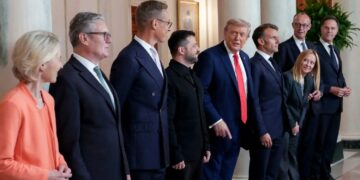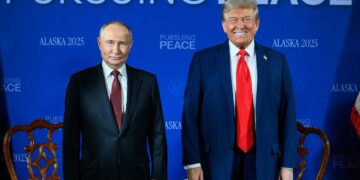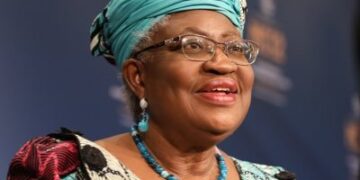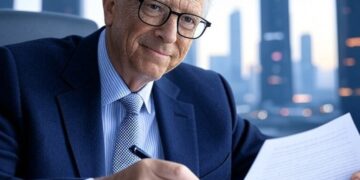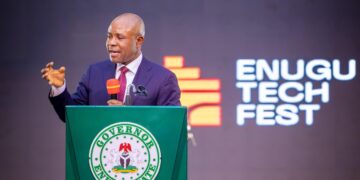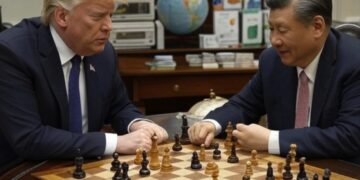In a stunning display of economic statecraft, President Trump has unleashed a $2 trillion deal-making spree that’s rewriting the rules of Middle East politics. While the media fixates on personalities, they’ve missed the seismic shift: Trump’s “Commercial Diplomacy” is transforming global alliances through business, not dogma. From Saudi Arabia to Syria, here’s how his bold strategies are reshaping the world—and why his Pakistan move left diplomats speechless.
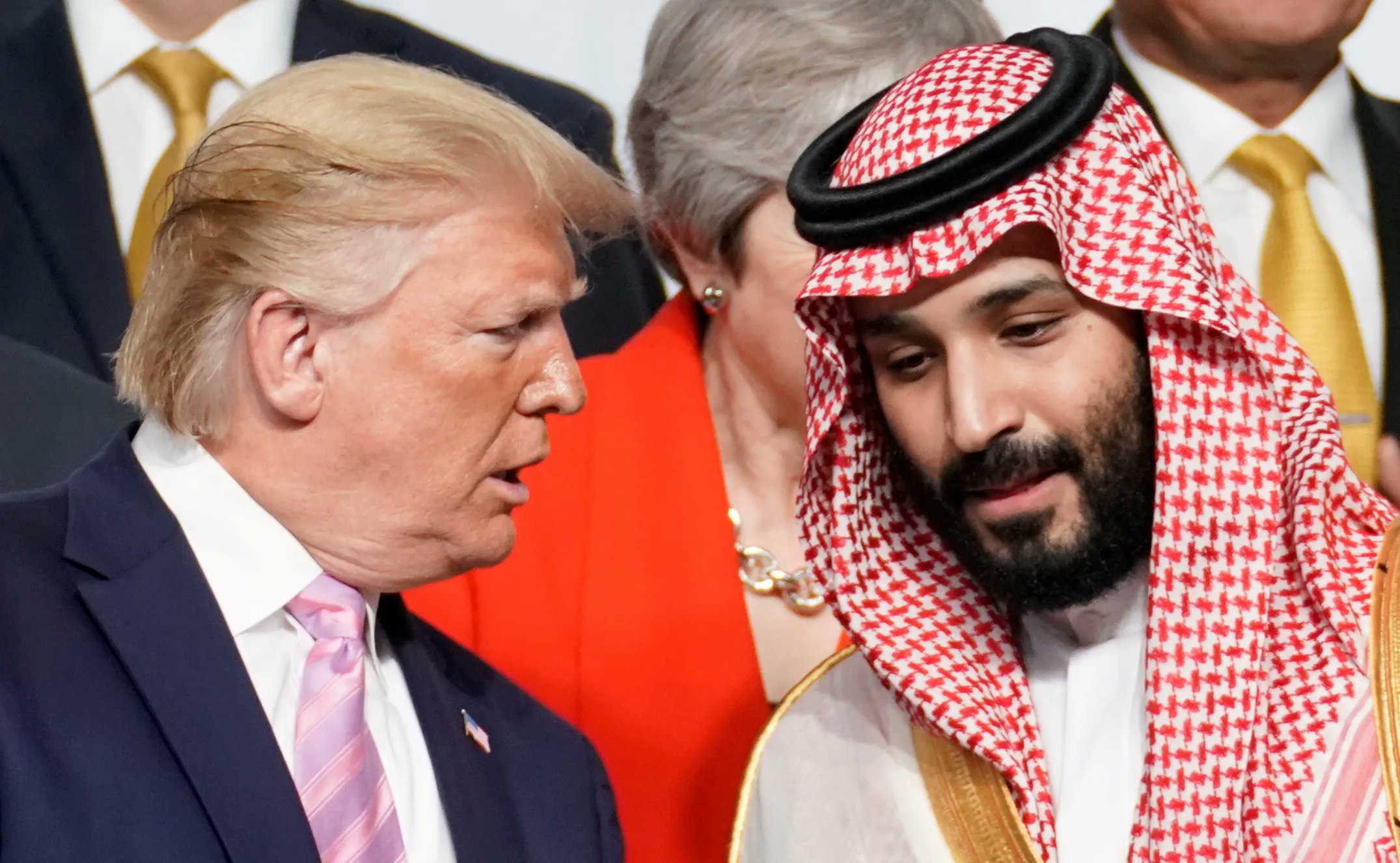
Strategy #1: Deals Over Dogma
Trump’s approach hinges on commerce as the cornerstone of foreign policy. Forget military pacts or ideological crusades—his deals are about mutual profit. Saudi Arabia signed a $600 billion investment package, including $142 billion in military procurement. Qatar inked a $243 billion deal with a $96 billion Boeing order. The UAE committed to a $14.5 billion aircraft purchase and a cutting-edge AI data center. Most shocking? Trump lifted all sanctions on Syria, a move unthinkable under traditional diplomacy, to unlock commercial opportunities and stabilize the region. These aren’t just deals—they’re a rejection of decades-old foreign policy doctrine.

Strategy #2: Business Titans, Not Bureaucrats
Trump’s team—led by Howard Lutnick and Steven Witkoff—aren’t career diplomats. They’re dealmakers with a nose for markets and a knack for negotiation. This commercial edge outmaneuvers foreign counterparts accustomed to a rigid protocol. By sidelining traditional diplomats, Trump’s approach signals that economics, not ideology, drives the new global order. The old playbook? Obsolete.
Strategy #3: Engaging Problematic Partners for Profit
Perhaps the most jaw-dropping move was Trump’s outreach to Pakistan, despite its ties to 15 US-recognized terrorist groups. A zero-tariff trade deal is on the table, risking tensions with India, a key ally and the world’s third-largest economy by purchasing power. Similarly, Trump secured a historic trade deal with China, reducing tariffs despite their rivalry. The message is clear: economic interests can trump security concerns, turning rivals into partners when profit is at stake.
The Risks and Rewards
This commercial diplomacy carries undeniable risks: overlooking security, alienating allies like India, empowering problematic regimes, and prioritizing short-term gains over long-term stability. Yet the potential rewards are massive—job creation, economic growth, flexibility to engage diverse partners, and enhanced leverage in regions dominated by rivals like China. Trump’s philosophy prioritizes prosperity over principles and deals with dogma.
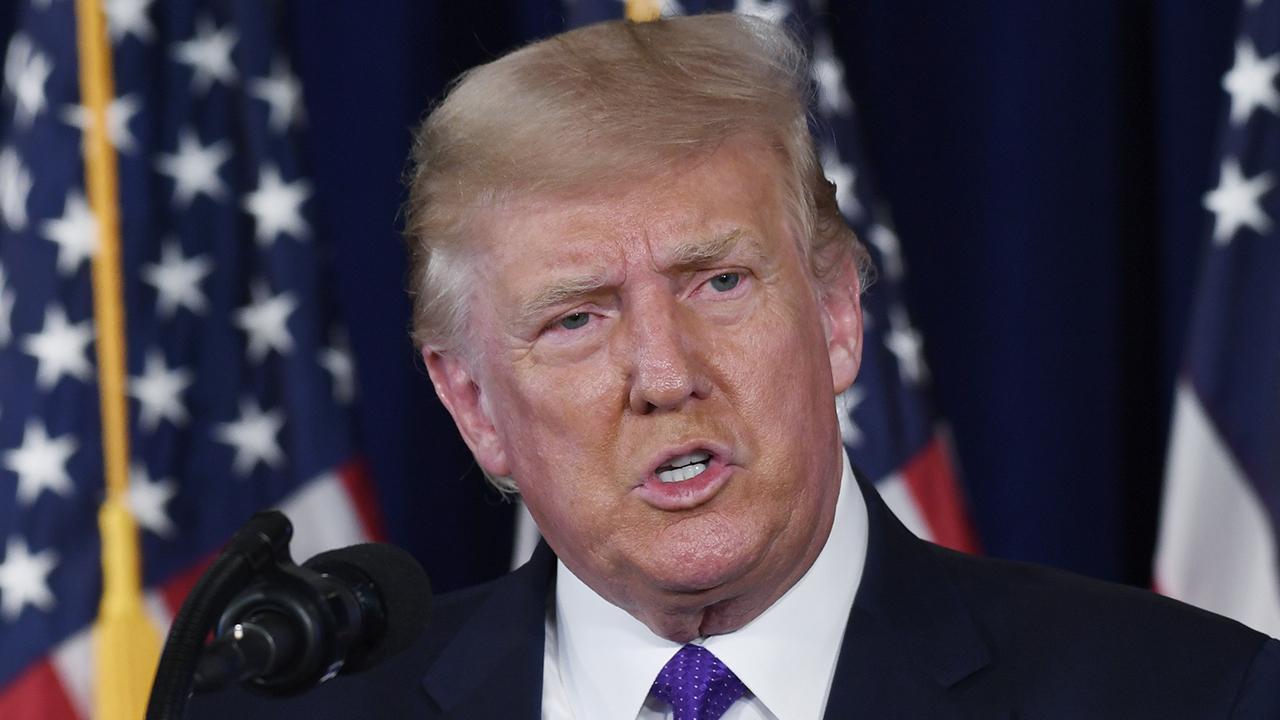
The Road Ahead
The real test lies in execution. Can these mega-deals be delivered? Will commercial gains translate to lasting security? Can America lead through business alone? Trump’s disruption has rewritten the rules, with the world responding with open checkbooks. Whether this is diplomatic genius or shortsighted deal-making, one thing is certain: the foundation of U.S. foreign policy has been upended, and the consequences will shape global politics for decades.





